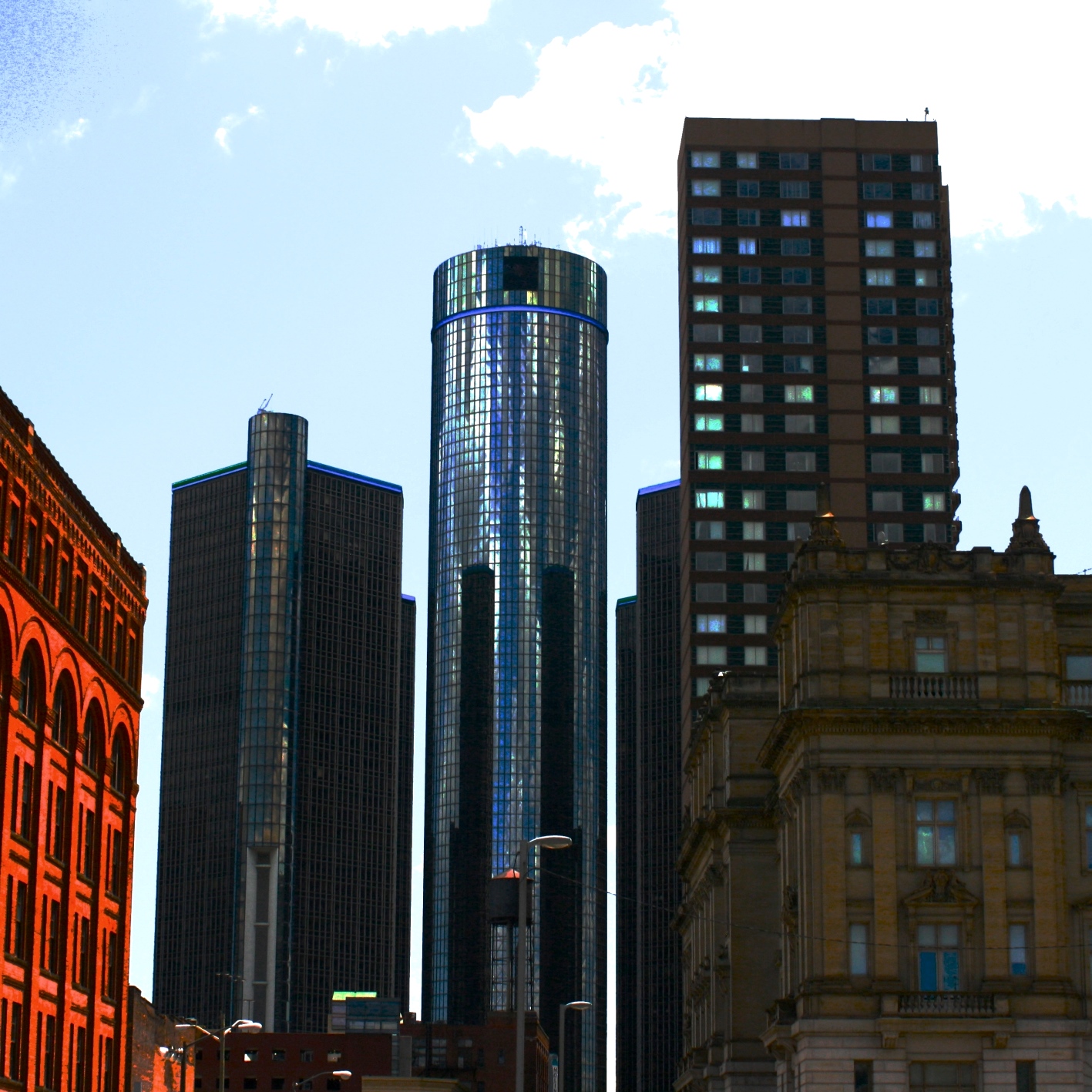Economy
JPMorgan Boosts Investment in Detroit to $150 Million

Published:
Last Updated:

JPMorgan had planned to invest $100 million in the troubled city of Detroit. It has spent that entire investment, meant to aid a turnaround of the city. The big bank says it will now increase its commitment to $150 million.
JPMorgan management announced:
We have been doing business in Detroit for more than 80 years and believe in its future. Three years ago, JPMorgan Chase made a $100 million, five-year investment in its economic recovery. The collaboration and the pace of progress throughout the city have allowed us to accelerate our initial investment and deploy resources more quickly than expected.
We have exceeded our $100 million investment in just three years. And now we expect to invest $150 million in Detroit by 2019. We know there is much work to be done, but we’re as committed as ever to Detroit’s success.
The money has been distributed among several initiatives. One portion has gone toward a $7 million infusion in Small Business Forward, which provides rent-free space and training to small businesses. Another $50 million has gone to Capital Impact Partners and Invest Detroit, which have been established to rebuild some of Detroit’s neighborhoods. One of the major efforts includes the creation of maps of 380,000 properties that might be “rehabilitated or removed.” Some of the investment has been made in side-by-side money from other financial firms and businesses.
JPMorgan also has helped some organizations in Detroit to provide data on work forces to more efficiently use local labor. A portion of this effort has also gone to aid people to improve skills as they prepare to find new jobs.
The leader of the bank’s efforts, Peter Scher, summarized JPMorgan’s goals for Detroit:
We have too often seen well-intentioned money — both public and private — fail to result in long-term impact. So a critical and deliberate part of our strategy is strengthening the underlying organizations and systems that are needed to empower communities to deliver and sustain change.
The open question about the JPMorgan effort, along with any other set of financial and consulting operations meant to revive the Motor City, is whether they are too little, too late. The city had a population of over 1.8 million in 1950, when American car companies still completely dominated the domestic industry. The figure has steadily fallen to just 677,116, according to a 2015 Census estimate. A third of the families in the city have income that puts them below the poverty line. Median household income is just over $26,000, less than half the national average.
One of the by-products of an impoverished population, added to the flight of employers from the city, is that its tax base has been decimated. This makes it harder for Detroit’s government to provide city services, which further damages its turnaround effort.
Much of Detroit’s 142 square miles contains blighted neighborhoods, some of which are barely inhibited. Others have houses that need to be torn down. The logistics of destruction or repair of these neighborhoods, paired with the cost, makes the effort virtually impossible.
Detroit’s challenges may be too great for a $150 million investment to cure many of them.
Credit card companies are at war. The biggest issuers are handing out free rewards and benefits to win the best customers.
It’s possible to find cards paying 1.5%, 2%, and even 5% cash back today. That’s free money for qualified borrowers, and the type of thing that would be crazy to pass up. Those rewards can add up to thousands of dollars every year in free money, and include other benefits as well.
We’ve assembled some of the best credit cards for users today. Or you can jump straight to our top pick today which pays up to 5% cash back, a $200 bonus on top, and $0 annual fee. Click here to learn more.
Flywheel Publishing has partnered with CardRatings for our coverage of credit card products. Flywheel Publishing and CardRatings may receive a commission from card issuers.
Thank you for reading! Have some feedback for us?
Contact the 24/7 Wall St. editorial team.